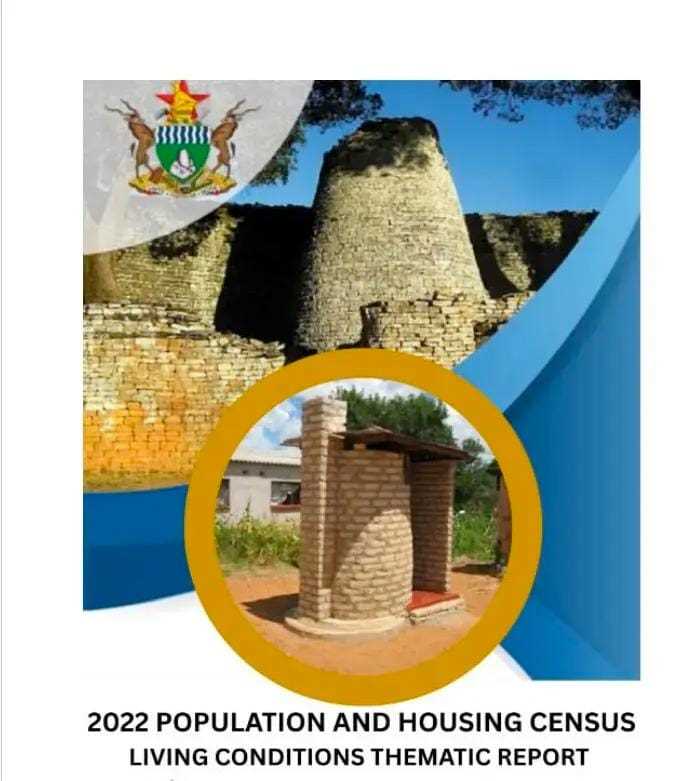
ZimNow Business Desk
Harare—Zimbabwe’s decades-old Sugar Production Control Act is finally under review, with the government moving to align the legislation with modern agricultural practices, fair trade principles, and inclusive industry growth—a major policy shift that could transform one of the country’s most strategic value chains.
Appearing before the Parliamentary Portfolio Committee on Industry and Commerce, Permanent Secretary in the Ministry of Lands, Agriculture, Fisheries, Water, and Rural Development, Professor Obert Jiri, confirmed that work on the new act is underway.
Parliamentary Committee to assess challenges in Zimbabwe’s...
Related Stories
“The Sugar Act is being revised to support environmental sustainability, promote fair competition, and open up new markets for smallholder growers,” said Prof. Jiri. “We’re looking at protectionist trade measures while also embracing precision agriculture and digital analytics.”
The review follows site visits by legislators to sugarcane estates and consultations with farmers, where deep-seated challenges—ranging from limited milling options to predatory pricing—were raised.
Currently dominated by a few major players, the sugar industry has long been accused of monopolistic practices and exclusionary pricing models, leaving outgrowers with few avenues for independent trade. The revised act is expected to liberalize cane supply arrangements, encourage more milling facilities, and enable contractual alternatives beyond the traditional estate system.
Among the proposed changes:
- Increased investment incentives to attract new players into milling and processing
- Open market access for smallholder and independent farmers
- Incorporation of climate-smart agriculture and sustainability benchmarks
- Technology adoption clauses to support drone use, soil testing, and digital tracking
The sugar sector employs thousands, particularly in Chiredzi and Triangle, and is vital to both food security and export earnings. With Tongaat Hulett’s restructuring and rising concerns over import pressure, a reformed Sugar Act could signal a new era for an industry that has long needed both policy clarity and inclusive growth.




















Leave Comments